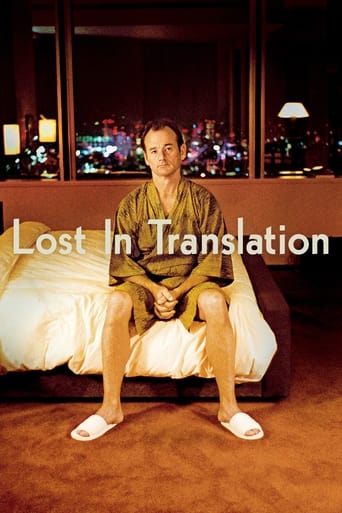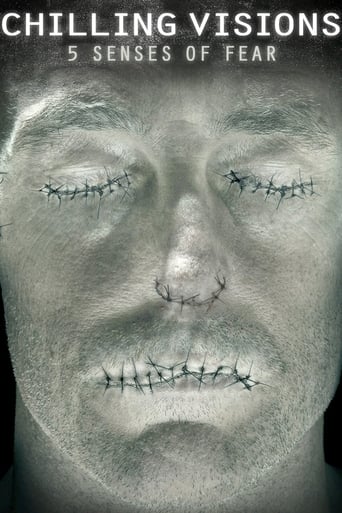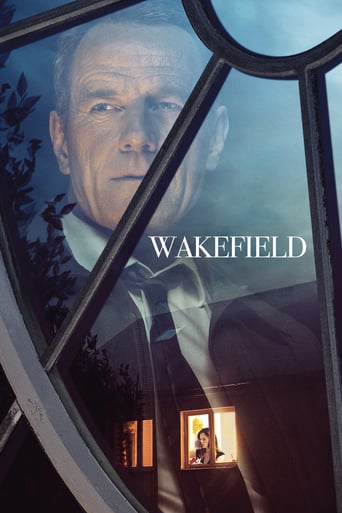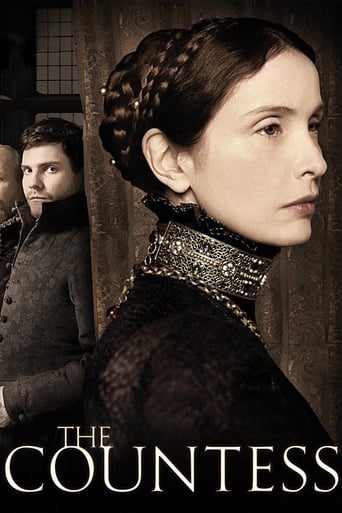
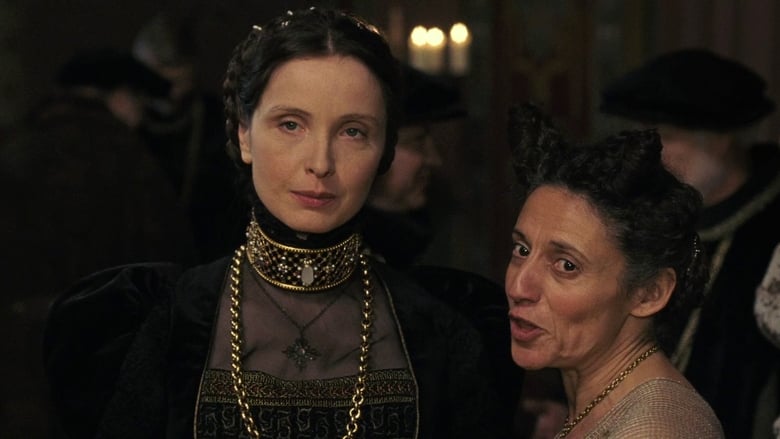
The Countess (2009)
Kingdom of Hungary, 17th century. As she gets older, powerful Countess Erzsébet Báthory (1560-1614), blinded by the passion that she feels for a younger man, succumbs to the mad delusion that blood will keep her young and beautiful forever.
Watch Trailer
Cast


Similar titles
Reviews
The acting is so awful, watching and especially hearing (accents and voice acting reminds me of dubbing in cheap B movies) Julie Delpy is so cringeworthy. Even William Hurt looks lost. The story unfolds in a monotonous boring way, terrible script. Delpy should take lessons from successful actors turned directors like Clint Eastwood, Mel Gibson,... to see how it is done.
The Countess is a partly truthful historical drama that tells the story of the infamous Countess Bathory, who reportedly bathed in blood and served as inspiration for Bram Stoker's Count Dracula. There's also a metal band named after her.The film is strong on visuals, having beautiful woods, castles and costumes. The story is told painfully slowly, and sometimes the atmosphere isn't really enough to make up for it.Julie Delpy is cold and distancing, which makes the character intriguing but feels a bit jarring at the end where we are supposed to sympathize with her.
The legend of the Red Countess, like that of Dracula and so many others has yielded several theatrical and film adaptations. The challenge is to make something new with this ancient legend, and to try to be equal to the great directors who brilliantly tackled the subject. Julie Delpy likes challenges of this kind. Not only did she write the script, direct, act, and compose the music, but her adaptation can compete with what I thought was the best previous film adaptation of the legend by Walerian Borowczyk (from the collection called Immoral Tales, and with Paloma Picasso). Delpy acknowledges her debt to this director through a number of details that those familiar with Borowczyk's works can recognize. Another great reference is Coppola's Dracula, of which Delpy borrowed the lyrical and tragic tones. Of course,this can only situate Delpy's aesthetic choices, and much of her originality rests in her interpretation of the legend. Here, she blends her own speculations about the Countess's character and motivation with historical facts, to make a new and provocative statement about the legend. The best way to see this film is to compare it with the other adaptations not as much to see who spent the money the most intelligently, but what each director has to say through the same legend.
I haven't seen the film yet, I was thinking of seeing it this week, but given some of the things I've read in the reviews, I may not bother. The story recounted in the film is NOT a true story at all. Countess Elizabeth Bathory existed and she was indeed charged with a number of supposed murders, but the charges were never properly proved. In fact no evidence was properly presented - her 'trial' was a politically motivated set-up. She was an extremely rich and powerful woman living at a time when in most societies, but especially Eastern European ones, wealthy and powerful women were hugely resented by their male counterparts.Once she was widowed Countess Bathory chose not to remarry as she did not want another man to take control of her lands. She wanted to rule her estates herself - and she was a very capable ruler. Unfortunately powerful men in Hungary (and the Austro-Hungarian Empire) were greedy for her lands. They could not dispossess her legally, so they hatched a plot to have her charged with terrible crimes. Her servants were tortured and forced to accuse her, however, no credible evidence was ever presented. It was enough however, for her lands to be confiscated.As for punishment, she was NOT bricked up in a room and fed through a hole in the wall. That is fantasy. She was confined to a few rooms in one of her castles, a kind of house arrest. Sadly films like this perpetuate the myth and falsehoods about a woman who, although tough and sometimes hard on her servants, was never guilty of the horrendous crimes of which she has been accused. I am so sick and tired of seeing history re-written and fabricated that I probably won't go and see it now - and I would warn anyone who thinks they are going to see something 'historical' that it just isn't.





